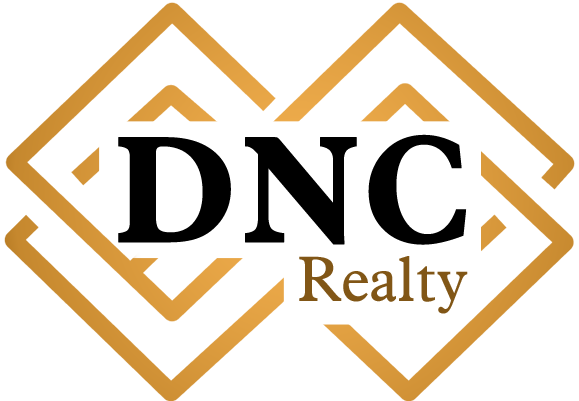Nigeria’s Real Estate Odyssey: A Strategic Guide to Investing in the Right City
Introduction: As the heartbeat of Africa’s economy, Nigeria’s real estate landscape is dynamic and full of opportunities. For those seeking to invest wisely, understanding the nuances of different cities is paramount. This article embarks on an insightful journey, analyzing the diverse real estate markets across Nigeria, uncovering the factors influencing property values, identifying emerging hotspots, and offering a nuanced perspective on the risks and rewards associated with strategic real estate investments.
Analysis of Different Cities in Nigeria:
Nigeria’s cities are vibrant and varied, each with its unique characteristics that shape the local real estate market. Lagos, the bustling metropolis, is not only the commercial hub but also a real estate giant with a diverse mix of residential and commercial properties. Abuja, the capital city, boasts a burgeoning real estate market driven by government initiatives and foreign investments. Port Harcourt, with its oil-driven economy, and Kano, a historical and cultural center, offer distinct investment landscapes. Understanding the pulse of each city is essential for making informed investment decisions.
Factors Influencing Property Value in Each City
The value of real estate in Nigerian cities is influenced by a myriad of factors. In Lagos, proximity to business districts, transportation hubs, and lifestyle amenities play a crucial role. In Abuja, government policies, diplomatic presence, and infrastructural development are key determinants. The oil and gas industry significantly impacts property values in Port Harcourt, while Kano’s historical significance and cultural attractions contribute to its unique real estate dynamics. Investors must delve into these factors to grasp the nuances of each market.
Emerging Real Estate Hotspots
Beyond the established cities, emerging hotspots are catching the eye of savvy investors. Cities like Enugu, with its growing infrastructure and economic diversification, and Ogun, benefiting from its proximity to Lagos, are becoming attractive investment destinations. The burgeoning tech hub of Uyo and the cultural haven of Calabar are also emerging as promising real estate markets. Recognizing these hotspots early on provides investors with the opportunity to capitalize on the potential for substantial returns.
Risks and Rewards of Investing in Specific Cities
Investing in real estate is not without its risks, and understanding the specific challenges and rewards of each city is crucial. While Lagos offers high returns, the competitive market poses risks of oversaturation. Abuja’s stability and government-driven development come with the risk of policy changes impacting the market. Port Harcourt’s reliance on the oil industry makes it susceptible to economic fluctuations, while Kano’s historical charm may require a more patient investment approach. Evaluating these risks alongside the potential rewards is essential for making sound investment decisions.
Tips for Making Informed Investment Decisions
Making wise real estate investments in Nigeria involves a combination of thorough research and strategic thinking. Here are some tips for navigating the diverse market:
- Local Expertise: Engage with local real estate experts who understand the nuances of each city.
- Diversification: Diversify your investment portfolio across different cities and property types to mitigate risks.
- Infrastructure Assessment: Consider the ongoing and planned infrastructure developments in each city, as they can significantly impact property values.
- Economic Trends: Stay abreast of economic trends, both nationally and locally, to anticipate market movements.
- Legal Considerations: Understand the legal and regulatory landscape in each city to ensure compliance and minimize legal risks.
- Community Growth: Invest in areas experiencing population growth and increased economic activity, as these factors often drive demand for real estate.
Conclusion
In the kaleidoscope of Nigeria’s real estate market, choosing the right city is a strategic decision that requires a nuanced understanding of local dynamics. By analyzing different cities, considering the factors influencing property values, identifying emerging hotspots, and weighing the risks and rewards, investors can position themselves for success in Nigeria’s ever-evolving real estate landscape. With a mix of diligence, local insight, and strategic planning, wise investments in Nigeria’s real estate sector can yield not only financial returns but also contribute to the sustainable growth of the nation’s vibrant cities.








